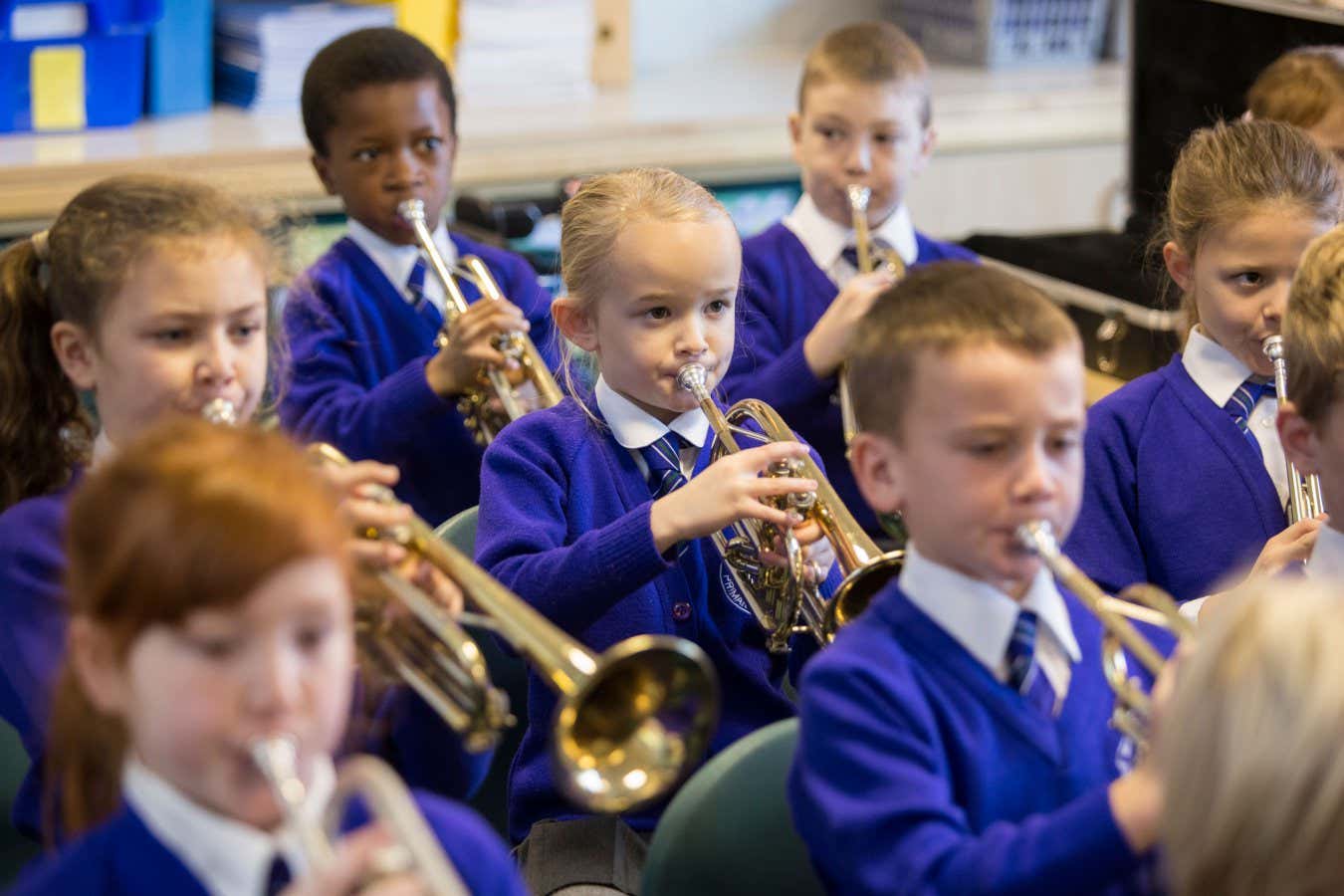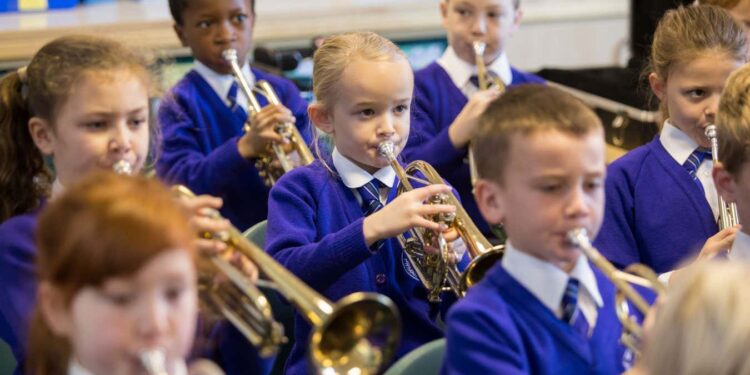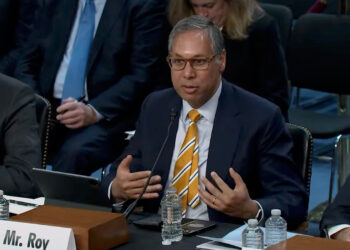
Learning to play an instrument is a cognitive pursuit, as well as a creative one
Andrew Fox/Alamy
Music training seems to boost reading skills in young children by enhancing their ability to recognise and manipulate the sounds that make up words.
Learning to play an instrument has long been linked to improved early reading abilities, as well as mathematical ones, but how it does this wasn’t clear, because playing an instrument involves many skills.
“You not only need to read the notes, which involves learning a new alphabet of musical notation, you also need to listen to the sounds, and coordinate hand and eye movements,” says Maria Garcia-de-Soria at the University of Aberdeen, UK. This means music training could boost our general cognitive abilities, our memory or our mastery of sounds, any one of which could lead to better reading skills.
To tease out what is going on when it comes to reading, Garcia-de-Soria and her colleagues studied 57 children, aged 5 to 9, with roughly equal numbers of boys and girls. About half had been learning an instrument for at least a month and were practising for a minimum of half an hour a week, while the rest did non-musical extracurricular activities.
The researchers found that the children who were learning an instrument outperformed the others on tests of phonological awareness. This is the ability to recognise and manipulate the sounds, or phonemes, that comprise words – like the three letter-based ones that make up “dog”. They also demonstrated better reading skills.
The team controlled for factors that can influence literacy, such as socioeconomic status and general cognitive ability, which suggests it isn’t just a case of children with better reading skills being more likely to take up an instrument.
In another part of the experiment, the researchers used electroencephalography to record the children’s brain activity as they listened to a recording of The Gingerbread Man fairy tale.
They found that stronger neural activity in language-related centres of the left hemisphere of the brain was correlated with better reading outcomes for all the children. However, the musical group showed higher reading scores even with lower levels of this activity, which the team says suggests they have more developed, adult-like processing of language.
“Adults tend to process music and speech more bilaterally, and sometimes more on the right hemisphere. The musically trained children seem to have a more adult-like tracking of speech,” says Garcia-de-Soria.
This is linked to the way people change how they read as their capability improves, with young children learning phonemes and then sounding them out. “Once we are adults, we look at the words and we know what they mean. We don’t sound them out in our head,” says team member Anastasia Klimovich-Gray, also at the University of Aberdeen.
Phonological awareness is a stepping stone to learning to read, so it makes sense that musical training boosts literacy by increasing sensitivity to phonology, says Klimovich-Gray. But it isn’t necessarily a one-way street, says Garcia-de-Soria. “Music boosts reading, but reading might also boost the way you play music later on.”
Proving that these skills boost one another could help children who find reading difficult, says Klimovich-Gray. “If somebody struggles with phonology early on in life, maybe before they’re diagnosed with dyslexia, a musical training course, alongside phonics training, might work as a booster.”
“The finding that musical training refines the left-hemisphere phonological encoding processes of language is consistent with the broader literature,” says Alice Mado Proverbio at the University of Milano-Bicocca in Italy. However, musical training can also lead to specialisation in the right hemisphere of the brain, fostering faster reading, she says.
Topics:
Source link : https://www.newscientist.com/article/2498314-how-playing-a-musical-instrument-helps-children-learn-to-read/?utm_campaign=RSS%7CNSNS&utm_source=NSNS&utm_medium=RSS&utm_content=home
Author :
Publish date : 2025-10-02 11:00:00
Copyright for syndicated content belongs to the linked Source.











